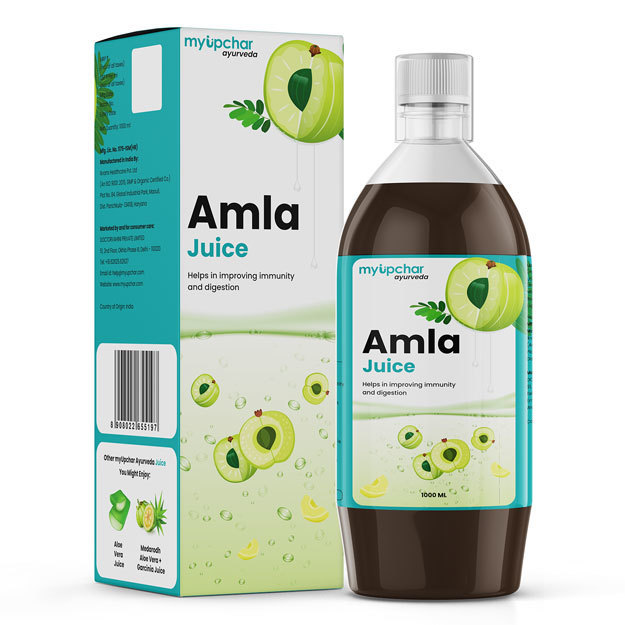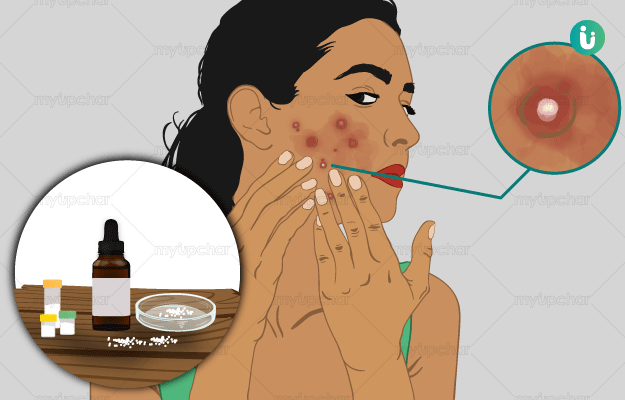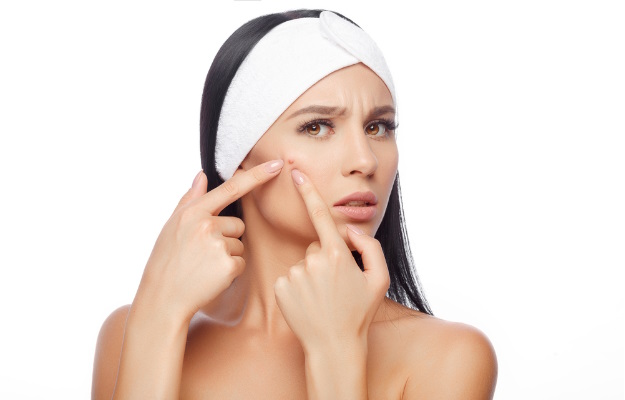Useful In Reducing Inflammation Related To Acne
Age, genetics and hormones are risk factors for acne. Additionally, the common skin bacteria Curtobacterium can trigger acne. Vitamin C is anti-inflammatory, so when used topically it can help reduce redness and swelling related to acne.
Remove Blemishes Caused By Acne
After acne breakouts, your skin needs time to heal. Without proper treatment, acne scars remain. Acne scars are usually related to severe, cystic acne, but they can also be mild. The three main types of acne scars are atrophic, hypertrophic, and keloidal.
Atrophic scars cause loss of skin tissue and collagen and appear as small scars in the skin. Both hypertrophic and keloid scars result from the overproduction of collagen and appear thick, raised.
Vitamin C treats acne scars by increasing the synthesis of collagen, which is a protein that is responsible for the structure of your skin and is important for rebuilding healthy skin. As a result, this vitamin may speed up the healing of acne lesions.
Reduces Hyperpigmentation
Hyperpigmentation is the formation of dark spots on your skin as a result of acne, UV rays or other injuries – this condition is harmless. Hyperpigmentation can be reduced by applying vitamin C to the skin. Additionally, Vitamin C acts as a brightening agent and can reduce the appearance of dark spots without changing the natural color of your skin. Although many foods and supplements contain vitamin C, keep in mind that skin care products made with this vitamin are more likely to help with acne-related conditions.
Read More - (Vitamin C benefits for skin)
















